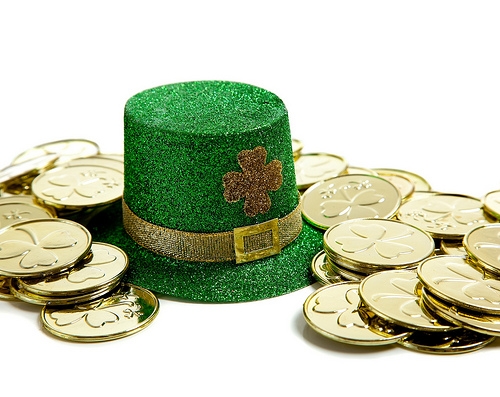What is Nitrous Oxide?
March 20th, 2024

Many of our young patients experience anxiety during dental appointments. Dr. Brent Moody and Dr. Somer Heim and our team want to help your child overcome any fear he or she may feel when coming in for regular visits.
If you know your child suffers from anxiety during dental checkups, nitrous oxide sedation, popularly known as “laughing gas,” may be helpful. Nitrous oxide can be used during many types of dental procedures.
It has a sweet odor and taste, and gets mixed with oxygen when supplied through a mask. The effects typically kick in within a few minutes and leave your child feeling calm and relaxed.
Nitrous is helpful because your child will stay conscious and able to move and answer questions the doctor may ask. The drug is also convenient because the effects go away within a few minutes after the mask is removed.
Nitrous oxide is not dangerous when it’s combined with oxygen. It is non-addictive and non-allergenic. When used properly, nitrous oxide reduces anxiety, while allowing continued communication between the patient and dentist during a procedure. It can also help alleviate pain or discomfort during exams.
You should know that nitrous oxide may cause nausea in up to ten percent of patients. This drug is not recommended for people who suffer from certain medical conditions. We recommend discussing this method with Dr. Brent Moody and Dr. Somer Heim if your child's dental anxiety begins to interfere with his or her appointments.
We want all our patients to feel comfortable during their care. Talk with Dr. Brent Moody and Dr. Somer Heim at your child's next appointment to find out if nitrous oxide is an option. If you have questions regarding nitrous oxide, call our Oklahoma City location and we’ll be happy to answer them.





